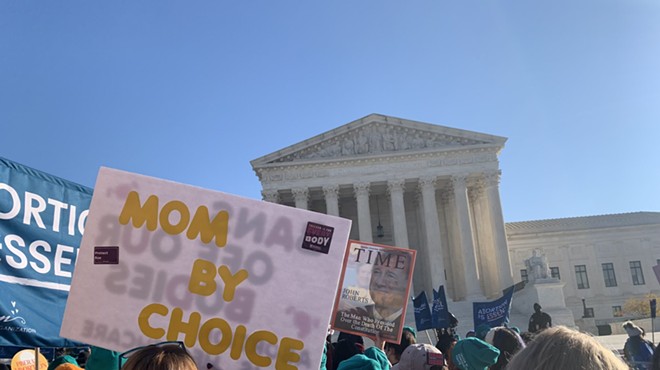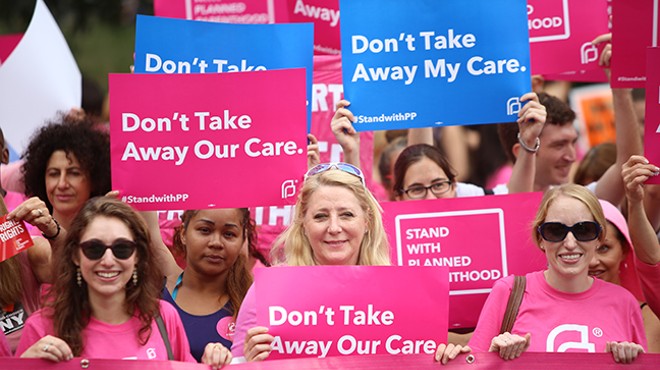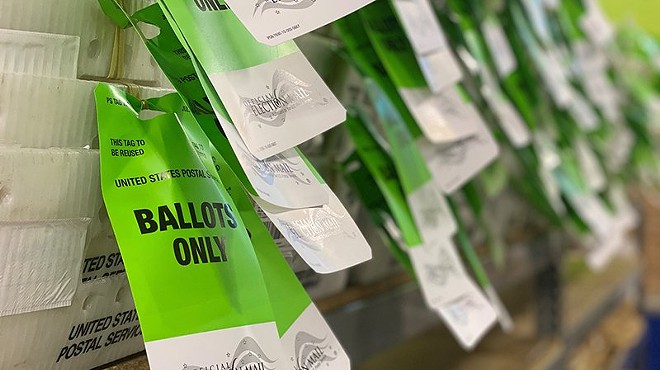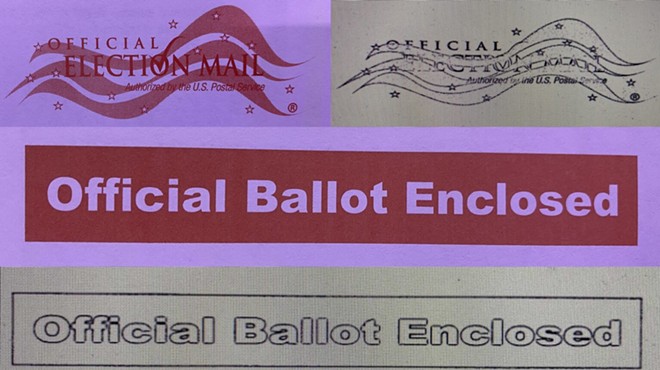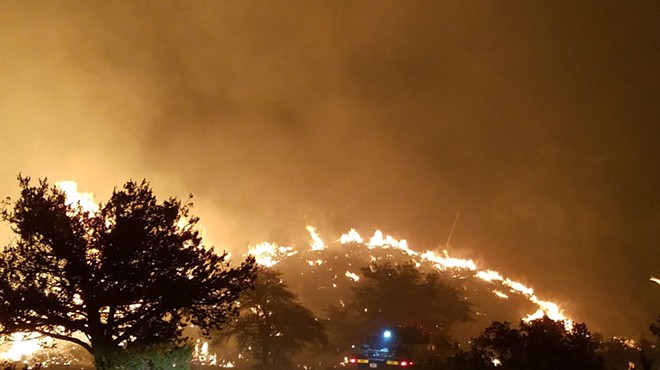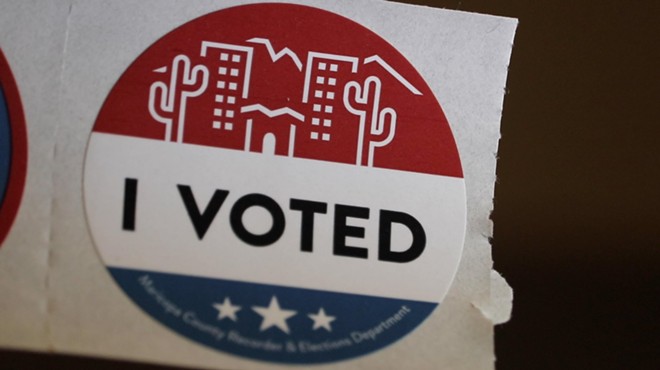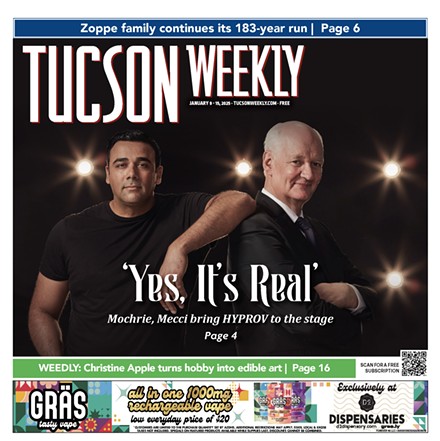Wednesday, April 14, 2021
AZ Supreme Court: State Lawmakers Are Not the Boss of Tucson Elections

The Arizona Supreme Court today said state lawmakers overreached when they passed a law requiring Tucson elections to move to presidential and midterm election years if not enough voters turned out to cast ballots.
In a 5-1 decision with Justice Clint Bolick dissenting, the court held that the timing of elections in a charter city such as Tucson was not a matter of statewide concerns, no matter the level of participation.
"Whether to align municipal elections with state and national elections or hold them in different years is purely a matter of municipal interest and not a statewide concern," Vice Chief Justice Ann A. Scott Timmer wrote for the majority. "Consequently, we hold that (the statute) cannot apply to require a city to consolidate local elections with state and national elections if its charter provides otherwise."
The 2018 law would have triggered a change in the schedule if turnout in a city election fell by 25% or more from the previous year's gubernatorial election. The Tucson City Council asked voters to amend the charter in 2018, but the proposition was rejected and the City Council does not have the power to override charter provisions without voter approval.
Attorney general Mark Brnovich then petitioned the Arizona Supreme Court to resolved the issue.
As a result of the ruling, this year's city election will continue as scheduled, with elections in Wards 3, 5 and 6.
Tucson Mayor Regina Romero cheered the decision.
“I am pleased that the Arizona Supreme Court agreed with the City of Tucson that our local elections are a matter of local concern,” Romero said. “Phoenix state legislators have once again failed to override the will of Tucsonans in disrupting our local elections. Tucsonans have repeatedly affirmed that our local elections belong on odd years, which allows for city-focused campaigns and robust public discourse on local issues that would otherwise be overshadowed by federal and state elections on even years. I hope that this ruling finally puts the issue to rest, and that our State Legislators can return their focus to the pressing issues facing Arizonans instead of meddling with our local elections.”
State lawmakers already forced smaller towns without protected charter rights to move their elections in sync with the presidential and midterm elections as of 2014. But the Arizona Supreme ruled that law did not apply to Tucson for similar reasons.





